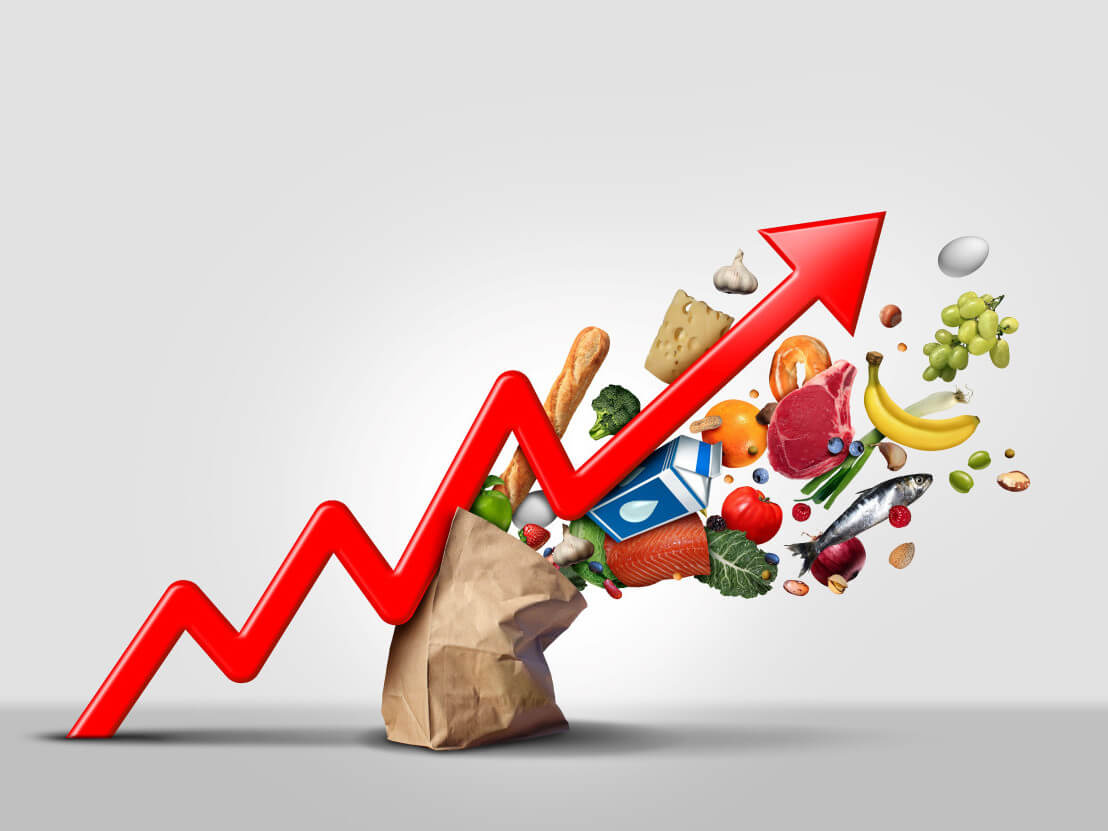

The latest consumer price index brought the year-to-date inflation average to 3.7%.
The National Economic and Development Authority (NEDA) attributed the increase to higher prices for essential goods like housing, utilities, fuel, and food items, including meat, corn, and fruits.
Food inflation rose to 6.7%, with notable spikes in the cost of meat and corn.
While rice inflation slowed to 20.9 percent from 22.5 percent, it remained the top contributor to the July inflation with 1.9 percentage points, followed by food and beverages services (0.5 ppt), housing rental (0.3 ppt), and meat (0.3 ppt), NEDA said in a statement Tuesday morning.
In July, non-food inflation also increased, with transportation costs up due to rising global petroleum prices and geopolitical tensions.
In response, the government is implementing measures to mitigate the impact on vulnerable sectors.
Already, the Department of Agriculture has launched the Rice-for-All Program last August 1 to ease the burden of high rice prices. Under the program, rice will be sold at P45 per kilo at selected government stores, with prices adjusted according to the fluctuations in rice prices.
NEDA Secretary Arsenio Balisacan emphasized the importance of these interventions in ensuring food security and sustaining economic gains, as the country faces the ongoing La Niña phenomenon expected to last until early 2025.
He added that the government aims to alleviate poverty and ensure all Filipinos can meet their basic needs, aligning with the broader goal of economic stability and prosperity.